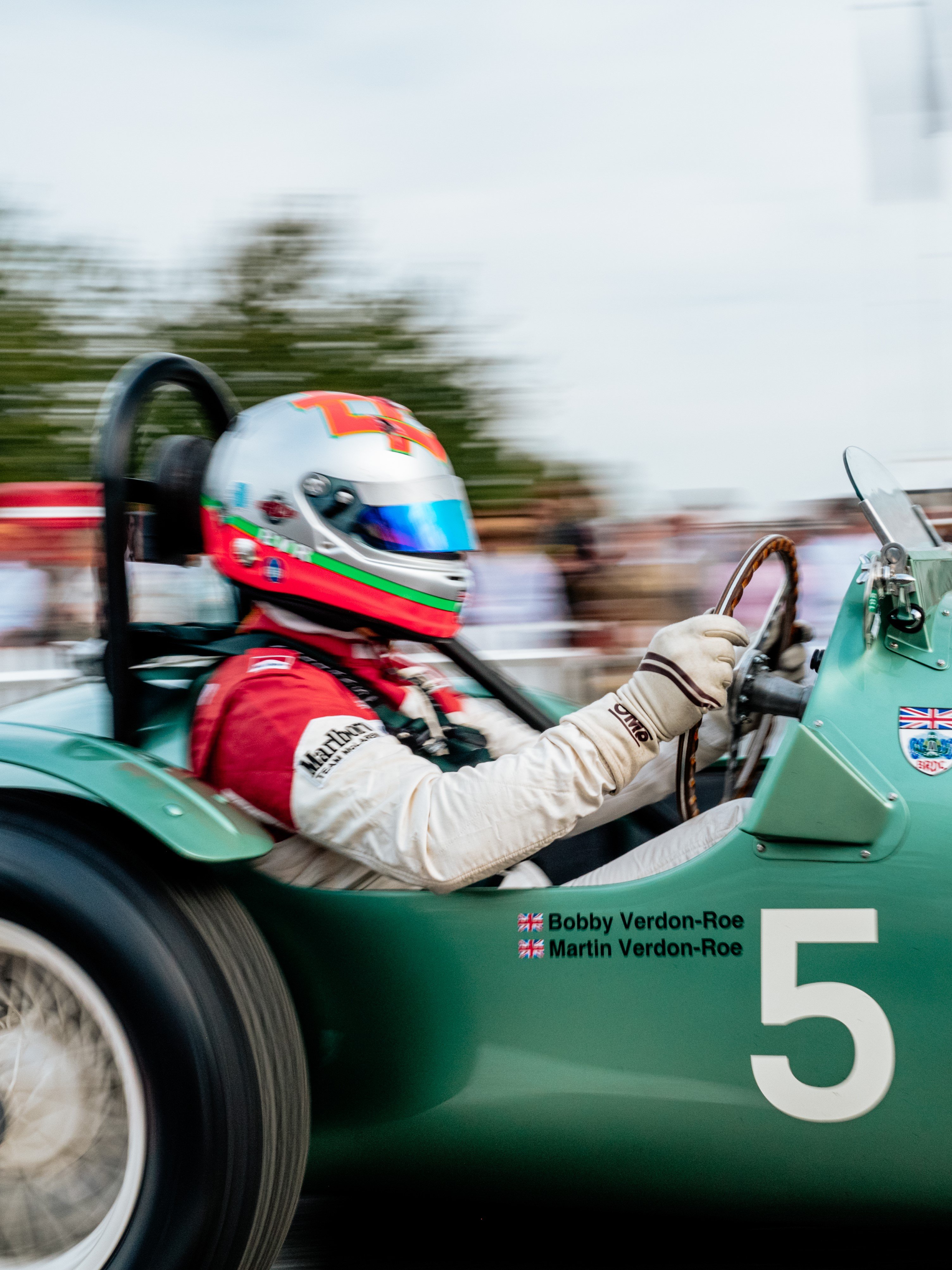Most Lamborghini Diablos are rubbish | Thank Frankel it's Friday
 Andrew Frankel
Andrew Frankel
Thirty years ago Lamborghini introduced the Diablo, only the third flagship supercar in its history. First had come the 1966 Miura, followed by the Countach, introduced to the public at the Geneva Motor Show five years later. Then nothing new by way of mid-engined V12 monsters for the next 19 years. And then we got the Diablo.

I was a motoring journalist even then, but insufficiently senior and not taken nearly seriously enough to stand a chance of driving one in its earliest days. So I sat back and took as fact what turned out to be mainly guff spouted from the UK press contingent at the time, with just a few exceptions, like the wonderful Peter Robinson who maintained absolutely the right kind of enthusiastic objectivity required, right up to the moment he crashed it. And unlike almost anyone else in the business back then, he had the guts to write about that too.
It took me four years to get my mitts on one, the car being the first right-hand-drive Diablo VT (which meant four-wheel-drive) to reach the UK. And it just so happened that in those four years the supercar advanced further and faster than in any other period of time before or since. Consider: In 1990 the 499PS (367kW) Diablo was the most powerful and fastest production road car you could buy. But by the time I drove it in 1994, I’d already driven the 550PS (404kW) Jaguar XJ220, 619PS (455kW) Bugatti EB110SS and 636PS (468kW) McLaren F1.
And these cars weren’t just more powerful than the Lambo, they were quite a lot lighter in the case of the Jag and Bug and incomparably so in the case of the McLaren. Indeed the very first thing I did when I got in the Diablo was try to keep up with an EB110 in a dawn raid across the south of England. I didn’t see which way it went. At our agreed destination we turned around for the return run, I jumped in the Bugatti and drove straight out of sight, dropping the Lambo as a 911 might drop an MX-5 today.
So it wasn’t that quick. Big deal. But it wasn’t that great to drive either, which was a far bigger deal. The engine sounded nice, but the gearbox and clutch were piggish, the cockpit cramped, the chassis poorly damped and it had a handling balance ‘that wavers either side of neutral, without ever settling on the optimum centre ground’ as I said at the time. Just like the only Countach I have ever driven, the car was a sizeable disappointment.

But just as I know there are good Countachs and bad ones too (and the tired LP5000 I drove was undoubtedly in the latter category), I can tell you from personal experience the same applies to the Diablo. And as a basic rule of thumb, avoid the four-wheel-drive models, and avoid them even more if they are roadsters, and not just because I threw one off a road trying to do a dramatic handling shot, drove through a field and out the other side without doing it any damage at all – the only time I’ve ever been grateful to be in a Diablo with all-wheel-drive hardware.
However there were two that were just fine. The first was the 1995 SV, which despite being more powerful than a standard Diablo was stripped out and priced as the entry level model and given shorter gearing. So it was quicker, better to drive, looked amazing and cost less too. It was brilliant.
But the best, at least of those I drove, was the SE30, a super lightweight, limited edition Diablo, even more powerful and full of trick materials to keep the weight down. Finally this was the Diablo I’d hoped for all along. It was a real brute, genuinely challenging to drive fast, but properly tied down, endlessly rewarding and, you felt, ultimately on your side. And I never felt that about any all-wheel drive Diablo I drove.
The Diablo lasted 11 years in production before being replaced by the Murcielago, which still has some Diablo in its architecture, but which had been developed with Audi money and was exceptionally engineered as a result. And good though those couple of Diablos, none could hold a candle to the Murcielago, which may even today be my favourite Lamborghini of all.
Andrew Frankel
Lamborghini
Diablo
Countach




